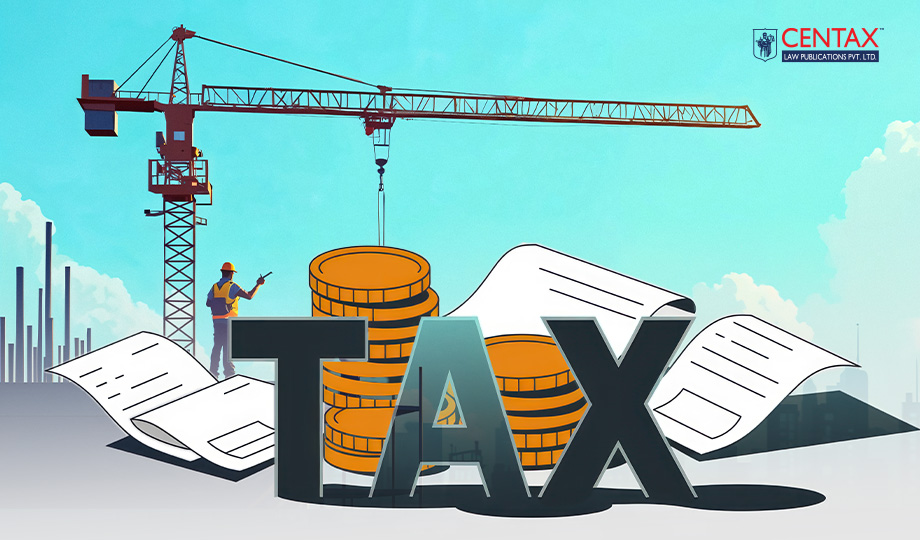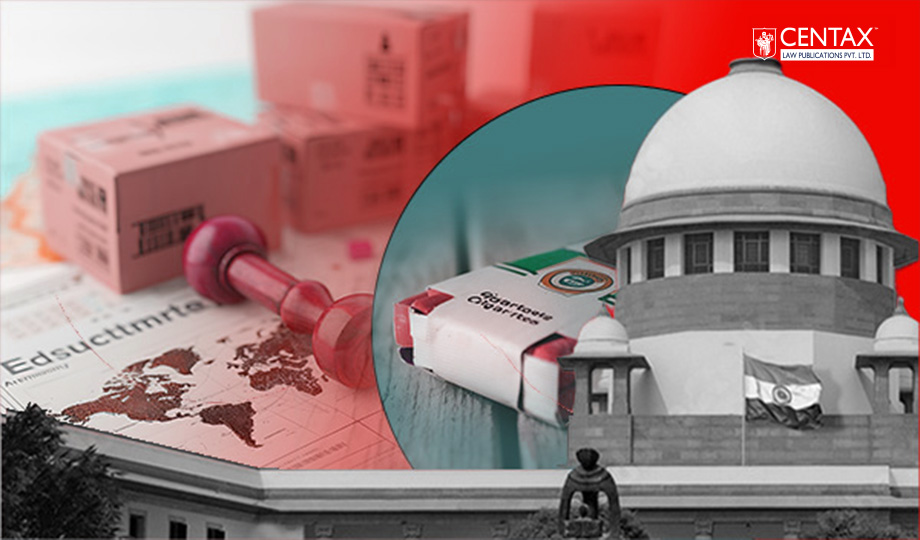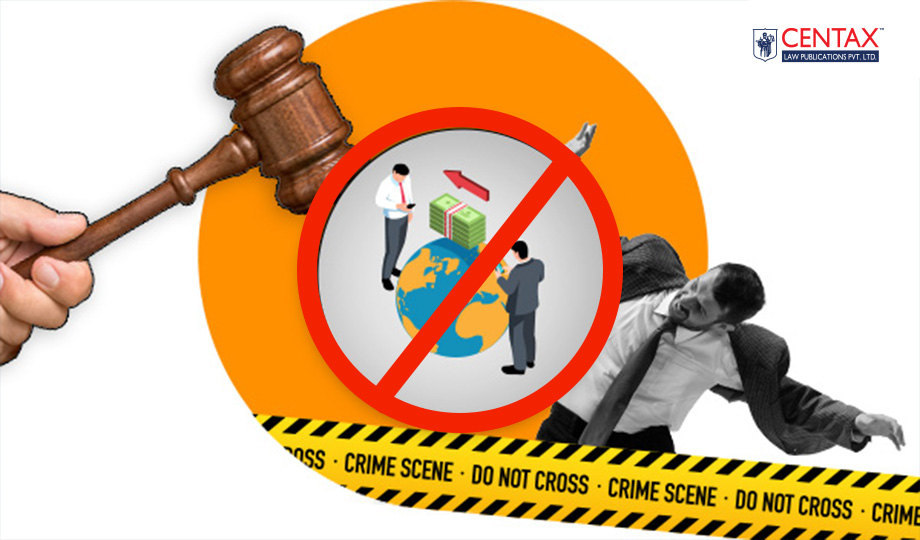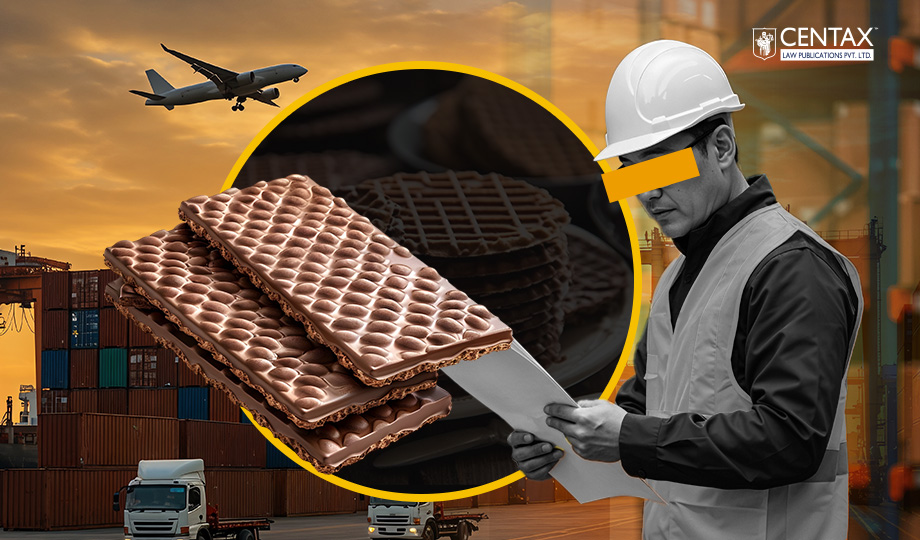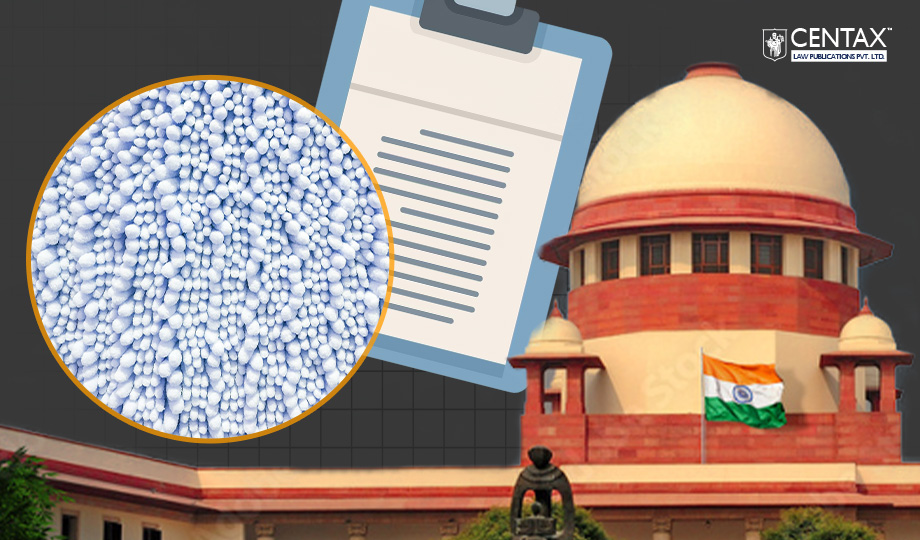
Case Details: D.N.H. Spinners vs. Commissioner of Central Excise, Vapi (2025) 35 Centax 257 (S.C.)
Judiciary and Counsel Details
- B.V. Nagarathna & R. Mahadevan, JJ.
- S/Shri Arijit Prasad, Sr. Adv., Sanjeev Bansal, Subhash Chandra, Anil K. Sharma, Ms Anshu Tyagi, Mrs Shefali Jain, Siddharth Singh, Manish Das, Viplav Kumar Singh, Brijesh Kumar Yadav, Mahendra Kumar Jain, Subrata Chakraborty, Ms Shumaila, Rajeev Waglay, Deepak Kumar, Ankita Singh, Advs., Rajeev Kumar Bansal, Rukhsana Choudhury & Gurmeet Singh Makker, AOR’s, for the Appellant.
- S/Shri N. Venkataraman, A.S.G., Shivshankar. G., V.C. Bharathi, Ms Vishakha, Udai Khanna, Padmesh Mishra, Advs., Gurmeet Singh Makker & B. Krishna Prasad, AOR’s, for the Respondent.
Facts of the Case
The appellants, engaged in the processing of polyester textured yarn from bought-out filament yarn and organic polymers (PET Chips), claimed concessional rate of excise duty under Notification No. 29/2004-C.E. They contended that the process undertaken amounted to manufacture of ‘filament yarn’ and therefore qualified for the said concessional rate at 8%. The Department denied the benefit on the ground that the process of texturising polyester yarn from PET chips did not amount to manufacture of filament yarn as envisaged under the relevant tariff entries. The Tribunal, upon examination of the manufacturing process and the scope of the notification, concluded that the activity undertaken did not constitute manufacture within the meaning of the Central Excise Act, 1944. The matter was accordingly placed before the Hon’ble Supreme Court.
Supreme Court Held
The Hon’ble Supreme Court held that the process involved in converting PET chips or bought-out filament yarn into polyester textured yarn does not amount to manufacture of ‘filament yarn’ and therefore the appellants were not entitled to the benefit of concessional excise duty under Notification No. 29/2004-C.E. The Court observed that the Tribunal had rightly applied the statutory provisions and found no legal infirmity in its reasoning. Since no substantial question of law arose for consideration, there was no reason to interfere with the impugned orders. Accordingly, the appeals were dismissed.
List of Cases Reviewed
- D.N.H. Spinners v. Commissioner — 2009 (242) E.L.T. 76 (Tribunal) — Affirmed [Paras 5]
- Microsynth Fabrics (India) Ltd. v. Commissioner — 2011 (267) E.L.T. 532 (Tri. – Ahmd.) — Affirmed [Paras 5]
List of Notifications Cited
- Notification No. 29/2004-C.E., dated 9-7-2004 [Para 3]











